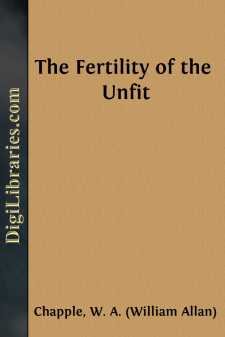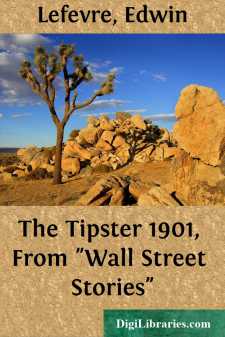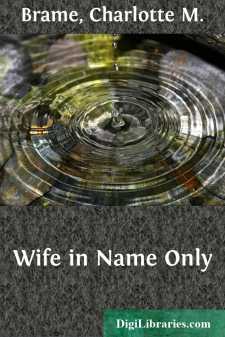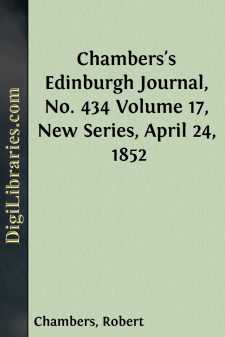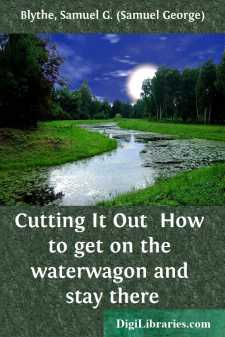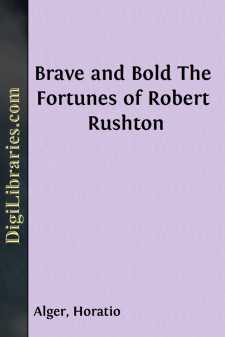Categories
- Antiques & Collectibles 13
- Architecture 36
- Art 48
- Bibles 22
- Biography & Autobiography 813
- Body, Mind & Spirit 142
- Business & Economics 28
- Children's Books 17
- Children's Fiction 14
- Computers 4
- Cooking 94
- Crafts & Hobbies 4
- Drama 346
- Education 46
- Family & Relationships 57
- Fiction 11829
- Games 19
- Gardening 17
- Health & Fitness 34
- History 1377
- House & Home 1
- Humor 147
- Juvenile Fiction 1873
- Juvenile Nonfiction 202
- Language Arts & Disciplines 88
- Law 16
- Literary Collections 686
- Literary Criticism 179
- Mathematics 13
- Medical 41
- Music 40
- Nature 179
- Non-Classifiable 1768
- Performing Arts 7
- Periodicals 1453
- Philosophy 64
- Photography 2
- Poetry 896
- Political Science 203
- Psychology 42
- Reference 154
- Religion 513
- Science 126
- Self-Help 84
- Social Science 81
- Sports & Recreation 34
- Study Aids 3
- Technology & Engineering 59
- Transportation 23
- Travel 463
- True Crime 29
Sort by:
INTRODUCTION. Biology is the Science of Life. It seeks to explain the phenomena of all life, whether animal or vegetable. Its methods are observation and experiment. It observes the tiny cell on the surface of an egg yolk, and watches it divide and multiply until it becomes a great mass of cells, which group off or differentiate, and rearrange and alter their shapes. It observes how little organs...
more...
by:
Edwin Lefevre
Glmartin was still laughing professionally at the prospective buyer's funny story when the telephone on his desk buzzed. He said: "Excuse me for a minute, old man," to the customer—Hopkins, the Connecticut manufacturer. "Hello; who is this?" he spoke into the transmitter. "Oh, how are you?—Yes—I was out—Is that so?—Too bad—Too bad—Yes; just my luck to be out. I...
more...
“The laws of this country recognise nothing more sacred than the Forty-shilling Freehold Franchise; and a vote for the county obtained by these means is both constitutional and laudable.”—Lord Chief-Justice Tindal. “What he had heard from hon. members told him nothing more than this, that the working population could easily, under the old system, acquire the right of voting; and that every man...
more...
CHAPTER I RUSSELL AUBREY The town-clock was on the last stroke of twelve, the solitary candle measured but two inches from its socket, and as the summer wind rushed through the half-closed shutters, the melted tallow dripped slowly into the brightly-burnished brazen candlestick. The flickering light fell upon the pages of a ledger, and flashed fitfully in the face of the accountant, as he bent over his...
more...
by:
Shinran
It is a singular fact that though many of the earlier Buddhist Scriptures have been translated by competent scholars, comparatively little attention has been paid to later Buddhist devotional writings, and this although the developments of Buddhism in China and Japan give them the deepest interest as reflecting the spiritual mind of those two great countries. They cannot, however, be understood without...
more...
by:
Ed Emshwiller
Tarb Morfatch had read all the information on Terrestrial customs that was available in the Times morgue before she'd left Fizbus. And all through the journey she'd studied her Brief Introduction to Terrestrial Manners and Mores avidly. Perhaps it was a bit overinspirational in spots, but it had facts in it, too. So she knew that, since the natives were non-alate, she was not to take wing on...
more...
Chapter I. It was the close Of an autumn day, and Dr. Stephen Letsom had been standing for some time at his window watching the sun go down. It faded slowly out of the western sky. There had been a golden flush with the sunset which changed into crimson, then into purple, and finally into dull gray tints that were forerunners of the shades of night. Dr. Stephen Letsom had watched it with sad, watchful...
more...
by:
Robert Chambers
PUFF AND PUSH. It is said that everything is to be had in London. There is truth enough in the observation; indeed, rather too much. The conviction that everything is to be had, whether you are in want of it or not, is forced upon you with a persistence that becomes oppressive; and you find that, owing to everything being so abundantly plentiful, there is one thing which is not to be had, do what...
more...
CHAPTER I WHY I QUIT First off, let me state the object of the meeting: This is to be a record of sundry experiences centering round a stern resolve to get on the waterwagon and a sterner attempt to stay there. It is an entirely personal narrative of a strictly personal set of circumstances. It is not a temperance lecture, or a temperance tract, or a chunk of advice, or a shuddering recital of the woes...
more...
by:
Horatio Alger
CHAPTER I. THE YOUNG RIVALS. The main schoolroom in the Millville Academy was brilliantly lighted, and the various desks were occupied by boys and girls of different ages from ten to eighteen, all busily writing under the general direction of Professor George W. Granville, Instructor in Plain and Ornamental Penmanship. Professor Granville, as he styled himself, was a traveling teacher, and generally...
more...


